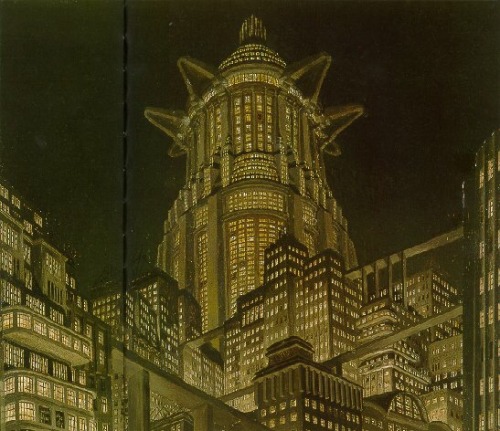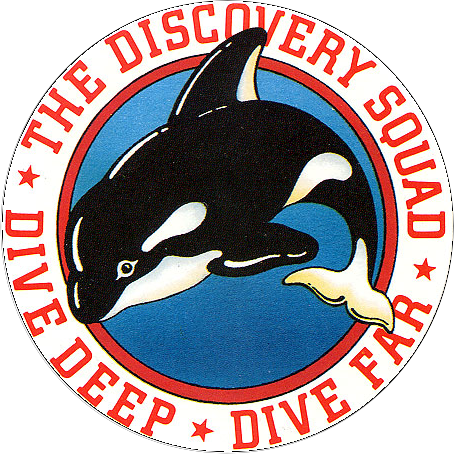Programmers almost compulsively make new languages; within just a few years of there being computers, multiple competing languages appeared:
- 1948-1952: First stored-program computers
- 1952: Laning & Zierler System; IBM Speedcoding by John W. Backus
- 1955: FLOW-MATIC, by Grace Hopper
- 1957: FORTRAN, by John W. Backus
- 1958: LISP, by John McCarthy
- 1958: ALGOL, by ACM-GAMM committee
- 1959: COBOL, by CODASYL committee, which I talked about recently
It proliferated from there into millions; probably half of all programmers with 10+ years of experience have written one or more.
I've written several, as scripting systems or toys. I really liked my Minimal script in Hephaestus 1.0, which was like BASIC+LISP, but implemented as it was in Java the performance was shitty and I had better options to replace it. My XML game schemas in GameScroll and Aiee! were half programmer humor, but very usable if you had a good XML editor. Multiple apps have shipped with my tiny lisp interpreter Aspic, despite the fruit company's ban on such things at the time. A Brainfuck/FORTH-like Stream, working-but-incomplete tbasic, and a couple PILOT variants (I think PILOT is hilariously on the border of "almost useful").
Almost every new language is invented as marketing bullshit based on a few Ur-languages:
- C++: Swift
- Java: Javascript (sorta), C#, Go
- Awk: Perl, Python, PHP, Julia
- C: Rust
- Smalltalk: Objective-C
- Prolog: Erlang, Elixir
- ALGOL: C, Pascal, PL/1, Simula, Smalltalk, Java
- LISP: Scheme, ML, Haskell, Clojure, Racket
- BASIC: None, other than more dialects of BASIC.
- FORTRAN: None in decades, but is the direct ancestor of ALGOL & BASIC.
- COBOL: None in decades.
A few of these improve on their ancestors in some useful way, often performance is better, but most do nothing new; it's plausible that ALGOL 68 is a better language than any of its descendants, it just has mediocre compiler support these days.
Certainly I've made it clear I think Swift is a major regression, less capable, stable, fast, or even readable than C++, a feat I would've called impossible except as a practical joke a decade ago. When Marzipan comes out, I'll be able to rebuild all my 15 years of Objective-C code and it'll work on 2 platforms. The Swift 1.0 app I wrote and painfully ported to 2.0 is dead as a doornail, and current Swift apps will be uncompilable in 1-2 years; and be lost when Apple abandons Swift.
When I want to move my Scheme code to a new version or any other Scheme, it's pretty simple, I made only a handful of changes other than library importing from MIT Scheme to Chez to Chicken 4 to Chicken 5. When I tested it in Racket (which I won't be using) I had to make a handful of aliases. Probably even CLISP (which is the Swift of LISPs, except it fossilized in 1994) would be 20 or 30 aliases; their broken do iterator would be hard but the rest is just naming.
Javascript is a pernicious Herpes-virus-like infection of browsers and desktops, and nothing can ever kill it, so where it fits the problem, there's no reason not to use it. But there's a lot it doesn't do well.
I was leery of using FreePascal because it has a single implementation (technically Delphi still exists, but it's $X,000 per seat on Windows) and minimal libraries, and in fact when it broke on OS X Mojave, I was disappointed but I-told-you-so.
I'm not saying we should quit making new Brainfuck and LOLCODE things, I don't think it's possible for programmers to stop without radical brain surgery. But when you're evaluating a language for a real-world problem, try moving backwards until you find the oldest and most stable thing that works and will continue to work, not piling more crap into a rickety new framework.
The Biblical reference in the title amuses me, because we know now that it requires no malevolent genocidal war deity scared of us invading Heaven to magically confuse our languages and make us work at cross purposes; anyone who can write and think splinters their thought into a unique language and then argues about it.


